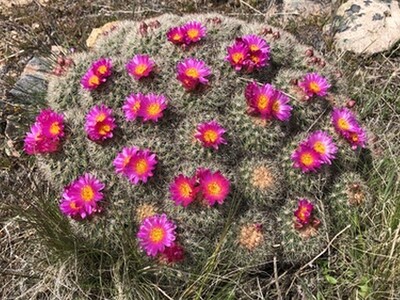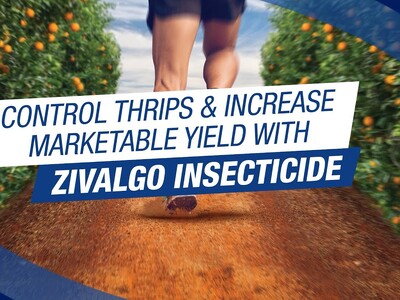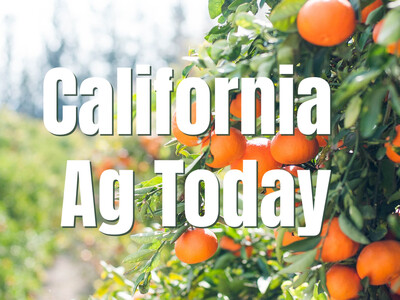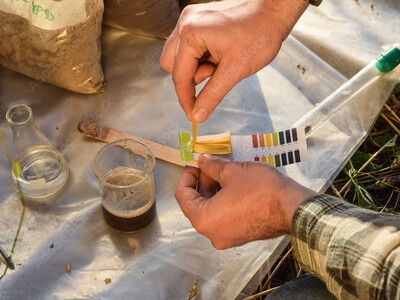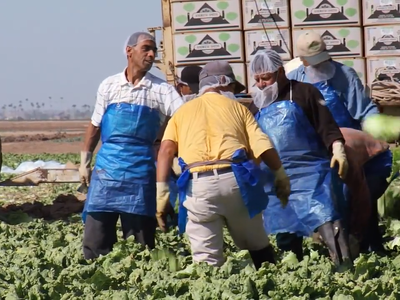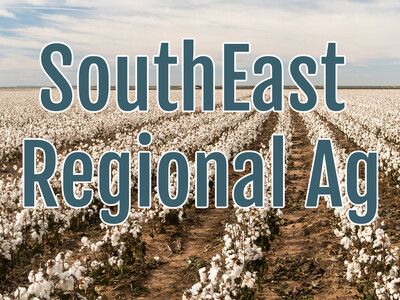Asparagus Harvest Begins, ECP Benefits, & Crop Update
Asparagus Harvest Begins, ECP Benefits, & Crop Update
I’m Lacy Gray with Washington Ag Today.
While other vegetable producers are just getting started in preparing soil for planting, Mid-Columbia asparagus growers have already started harvesting. Workers are cutting on an every other day basis due to cooler temperatures, but that should pick up soon with daytime temps expected to reach the upper 60’s low 70‘s next week. So far, most growers are reporting that they have just enough workers, but as harvest picks up there is worry that there might be a repeat of last year’s worker shortage, which stopped many growers from harvesting their older asparagus fields.
Producers who suffered damage to livestock fencing because of fires last year, may be eligible for Emergency Conservation Program benefits. The Chelan and Douglas County FSA Committees have received approval to implement a cost share program. Sign-up runs through Friday, April 19. Those producers interested in applying should contact their local FSA office.
Ag Information Network’s Greg Martin is here today with the latest Washington crop update.
MARTIN: Cooler temperatures, rain and strong winds slowed down fieldwork for many producers across the state. Potato planting kicked off in Grant County and continued in Benton and Franklin counties. Tree fruit producers in the Yakima Valley had to incorporate frost control measures last week as nighttime temperatures dipped into the twenties. Hail fell in parts of Yakima County, but no significant damage was reported. Around the Tri-Cities alfalfa hay is leafing out and appears to be on pace for the first cutting in early May. Signs of stripe rust have appeared in some winter wheat crops. ARS Research Plant Pathologist Xianming Chen reports that stripe rust management recommendations made early last month are still valid, and that the early application of fungicides should be done together with herbicides in the fields grown with susceptible or moderately susceptible varieties.
Thanks Greg.
I’m Lacy Gray and that’s Washington Ag Today on the Ag Information Network.





